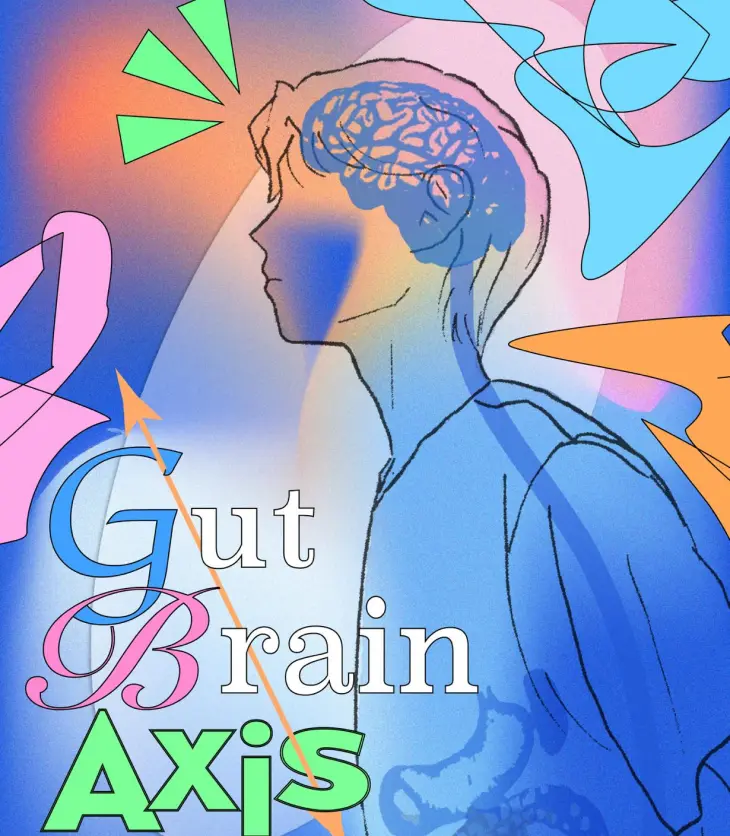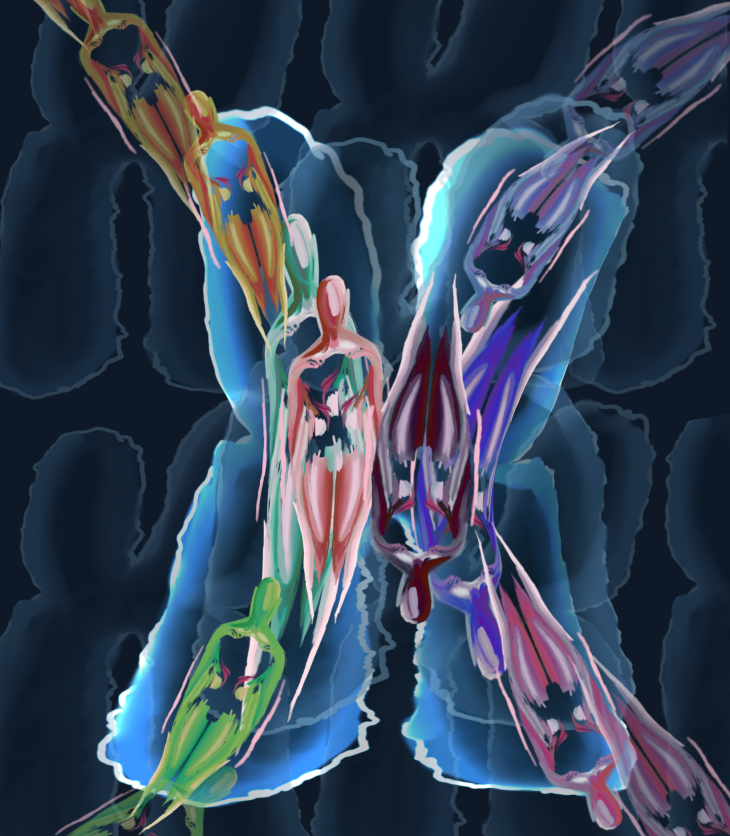Have a look at our latest issue coming soon in print!
Category: Issue 12
The article explores teleonomy, the apparent purposefulness in living organisms, exploring influences like sexual selection and epigenetics, with implications for AI ethics, emphasizing the importance of ongoing scientific discourse on the concept’s role in evolution.
This article explores the intricate mechanisms of immunosenescence, focusing on the senescence of CD4+ and CD8+ T cells, the transformation of these cells into behaving like natural killer (NK) cells, the sestrin-dependent pathway inducing immunosenescence, and the potential pharmaceutical targets to reverse T-cell senescence in order to mitigate age-related chronic inflammation and diseases associated with inflammaging.
Junior doctors in the UK have been striking for better pay and working conditions, shedding light on various issues within the healthcare system. Beyond pay, reasons for strikes include severe understaffing, unacceptable working conditions, and the impact on patient care. Medical students, already facing financial strain and workload challenges, are further affected. During strikes, students have been asked to cover for doctors, which raises concerns about their training and patient safety. With government plans to extend strike laws, addressing these issues becomes crucial for the future of healthcare professionals and medical students.
Recent research highlights a significant link between gut health and Alzheimer’s Disease through the microbiota-gut-brain axis, impacting inflammation and neurodegeneration. Certain gut bacteria, influenced by diet and genetics, can promote or mitigate neuroinflammation, suggesting potential dietary interventions for Alzheimer’s prevention and treatment. This emerging field offers promising avenues for research and therapy.
The article challenges the binary view of sex, discussing the development of sexual differentiation and highlighting intersex conditions. It emphasizes the broad spectrum of Differences in Sex Development (DSDs) and raises questions about societal norms, laws, and medical practices concerning intersex individuals, calling for a reevaluation beyond binary classifications.
This article challenges the assumption that humans are inherently selfish and advocates for prosocial behaviors, arguing that studies on human behavior and altruism question the prevailing capitalist narrative, emphasizing the potential for societal shifts towards cooperation, altruism, and resource-sharing within a socialist framework.
Fandoms, online communities formed around shared interests like art, provide validation and belonging, enhancing mental and physical well-being. Social identity theory explains this connection. While participating in fandoms encourages creativity and critical thinking, online toxicity can detract from the experience. Recognizing and disengaging from toxic behavior is crucial. Moderation is key to prevent negative impacts on health and social life.
Prion diseases are rare and fatal conditions caused by abnormal folding of brain proteins like Creutzfeldt-Jakob disease. Discovered by Prusiner in 1982, these infectious agents induce misfolding in normal proteins, leading to brain damage. Research institutions are studying prion diseases using cerebral organoids and fluorescence detection methods to develop therapies.
The International Space Station (ISS) serves as a unique laboratory due to microgravity, a near-zero gravity environment. Research on the ISS has led to breakthroughs in tissue engineering, where cartilage tissue grown in microgravity displays superior qualities, offering potential treatments for degenerative conditions. Microgravity also aids in protein crystallography, facilitating the development of drugs like TAS-205 to combat diseases like Duchenne Muscular Dystrophy. Moreover, microgravity enables the development of drug delivery systems, such as picoparticles, for diseases like Alzheimer’s. Despite the planned decommissioning of the ISS in 2031, the future of microgravity research remains promising with the rise of commercial space exploration.










